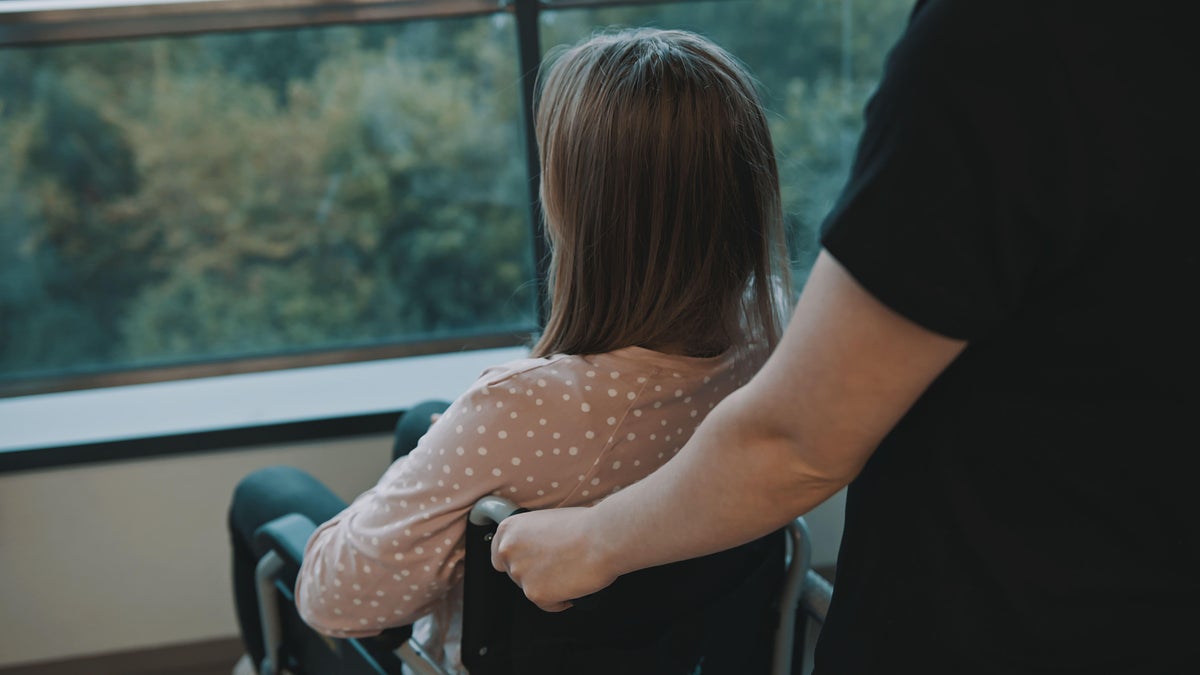
Unpaid carers are taking on “significantly more” hours and becoming increasingly worried about their physical and mental health and how they will cope financially, according to a report.
Just under half of unpaid carers (46%) are worried about the negative impact of caring on their physical and mental health, a survey to mark Carers Week suggests.
This was carers’ top concern and is up from 36% in May 2020, during the first wave of the coronavirus pandemic.
Seven charities supporting Carers Week 2022 – Carers UK, Age UK, Carers Trust, MND Association, Rethink Mental Illness, Oxfam GB and The Lewy Body Society – commissioned YouGov to survey 4,317 UK adults online between April 29 and May 4.
Some 883 were unpaid carers.
It found a “staggering” one in five unpaid carers (21%) said a key worry is managing financially, up from 16% in 2020.
When the findings are extrapolated to the UK caring population, this is the equivalent of 4.68 million carers being worried about their physical and mental health, and 2.2 million about their finances.
One in five adults (10.58 million people) are estimated to be carers in the UK – higher than pre-pandemic levels but down from the height of the crisis.
But while numbers have fallen since the pandemic peak, charities said caring has intensified.
I have little to no confidence in getting the support we will need in the future from official sources and expect to be heavily reliant on support from charities supporting those living with dementia and carers groups
The number of carers providing more than 20 hours of unpaid care per week has increased by 42% since October 2020, while the number providing over 50 hours per week has risen by 30%, the survey suggests.
This could be down to factors including many services remaining reduced or closed, vulnerable people continuing to shield, and a chronic shortage of social care.
Carers with lower household incomes were more likely to report worries about their finances, physical and mental ill-health and not knowing or understanding what help was available.
They were also more likely to be providing significant amounts of care – for example more than 20 hours a week – which can reduce their financial resilience as they juggle work and care.
Women providing unpaid care were also more likely than men to be concerned about the impact on their mental or physical health, managing stress/responsibility and not being able to take a break.
Heather, whose partner Chris was diagnosed with early onset Lewy body dementia aged 60, said she gets less of a break as she is “far more worried” about leaving her partner alone for longer.
She said: “Not only does she forget to take medication, but she struggles to prepare food and eat meals without reminders.
“I have little to no confidence in getting the support we will need in the future from official sources and expect to be heavily reliant on support from charities supporting those living with dementia and carers groups.
“We will probably have to use all our savings to pay for care, and I fear we will live out our last years in poverty.”
The charities are calling for a 12-month recovery and respite plan for unpaid carers across the UK.
They want investment in the four nations to ensure carers can take more breaks, and for carers on low incomes to be protected from the cost-of-living crisis with increased help with energy costs and bills.
On behalf of the seven charities, Carers UK chief executive Helen Walker said: “Clearly, whilst society has opened up for many people, it’s a very different picture for significant numbers of carers.
“So many have sacrificed their physical and mental health caring for their loved ones over the last two years and as this report clearly shows, it is absolutely essential that carers get the support they need to stay well to be able to continue to care for their loved ones, that working carers are helped to stay in employment and that all carers can feel visible, valued and supported.”







